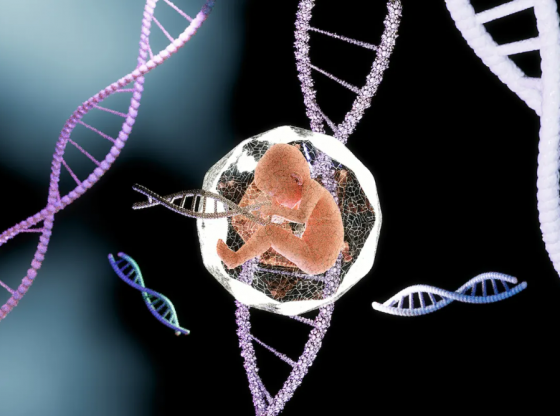Many women today who struggle with infertility are turning to in-vitro fertilization (IVF), an expensive and not always successful procedure. Many religions including Catholicism judge IVF to be immoral because it involves sexual acts that are not unitive. The Catholic Church states that rightful conception must respect the inseparability of the two meanings of the sexual act.
But now, new technology is taking IVF even further, and Israeli reproductive technology company AIVF has introduced an artificial intelligence (AI)-powered embryo evaluation tool called EMA. This tool processes enormous volumes of data to streamline the embryo selection process, identifying embryonic features correlated with outcomes such as genetic abnormalities or implantation. Each embryo is given a score that helps clinicians make final decisions.
Daniella Gilboa, an embryologist who is co-founder and CEO of AIVF has stated:
“More women are freezing their eggs so they can delay childbirth and focus on their careers, which means demand for IVF is growing — but supply is limited. In the U.S., only 20% of the need is served, which means 80% of those women are giving up on the dream of having a child.”
“Imagine if you’re an embryologist, looking at multiple embryos in a hectic lab environment, and you have to decide which one has the best potential to become a baby. You might have eight, 10 or 12 embryos that all look the same — and you have to make that crucial decision, sometimes by yourself. It’s basically you and the embryos under the microscope.”
“The AI has been trained to detect embryonic features that correlate to different outcomes — like genetic abnormalities, implantation or gender — that can’t be seen with the human eye. The AI allows the physician to reduce uncertainties and produce clear, accurate information.”
Infertility expert Dr. Shahin Ghadir lauds the AI technology, suggesting it could aid in addressing the shortage of embryologists. But should human life be decided and created in a lab with the help of AI? This is surely a debate that will continue long into the future as technology further develops.











